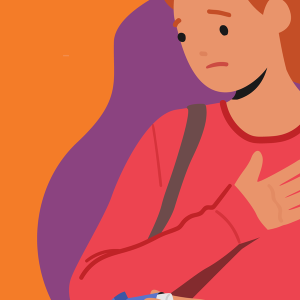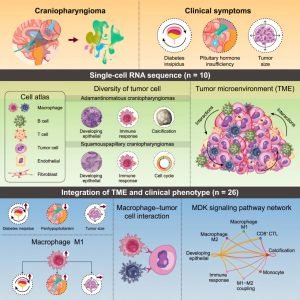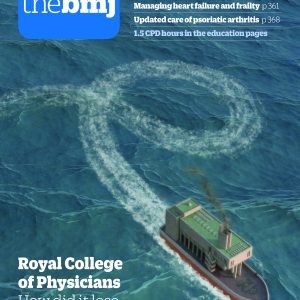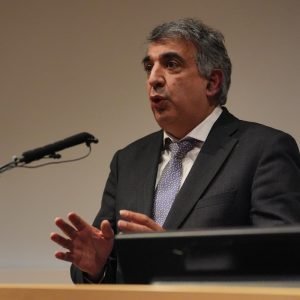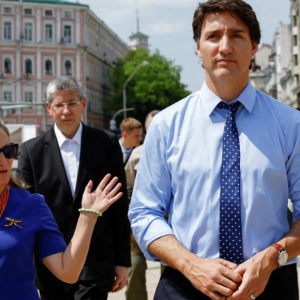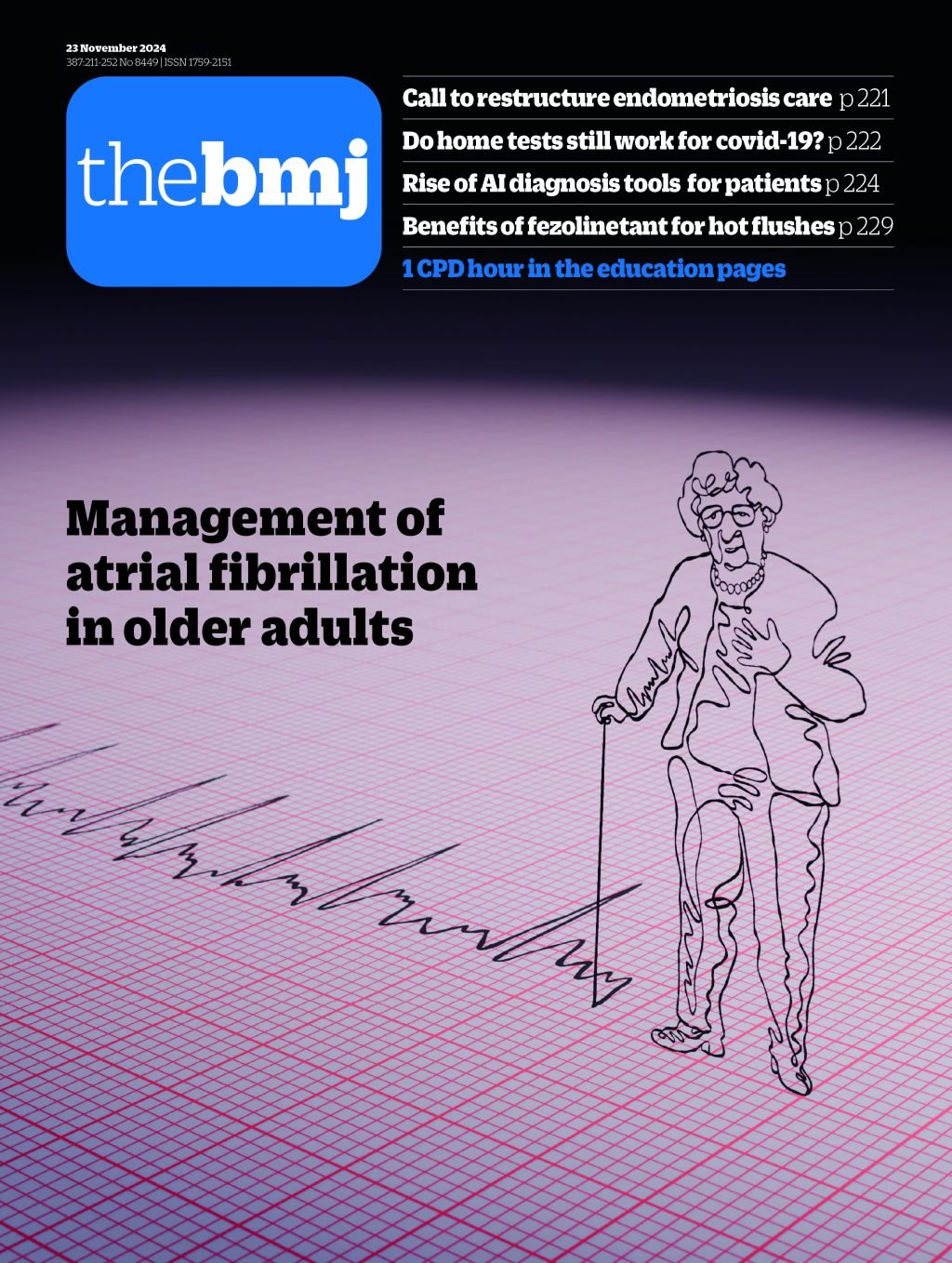
One of the huge attractions of practising medicine in the UK is that we can make our treatment decisions according to our patient’s clinical need, not their ability to pay. Most of the time, I don’t need to tailor my clinical advice to what my patient can afford or whether they’re insured—although I do have to think about money, about the capacity of the NHS as a whole and its finances. This is one of the many reasons I’m proud and happy to be a GP in the NHS.
I was therefore shocked to hear the health secretary, Wes Streeting, tell ITV’s Good Morning Britain on 13 November that GPs are not formally part of the NHS.1 What have I been doing for the past two and a half decades? The status of GP partnerships as private businesses with a single contract to the NHS was brought to the fore by the budget on 30 October. Not only are GPs ineligible for any reimbursement of the increased cost of employers’ national insurance contributions, on the grounds that they’re private businesses, but they’re also not entitled to the help small businesses can get from the Treasury for extra employment costs, on the grounds that they provide public services. We are Schrödinger’s GPs.2
But although we’re not “formally” part of the NHS, apparently we’re “a valued member of the NHS family,” said Streeting in a letter to Katie Bramall-Stainer, chair of the BMA’s General Practitioners Committee for England.3 It all seems a bit confused, and, despite the letter’s warm words, it gave no concrete reassurance that money would be found specifically to cover this new cost in the £22.6bn awarded to the NHS.
This ongoing uncertainty has many unfortunate consequences. Some practices will be planning reductions in staffing and patient services, while others are considering handing back their contracts altogether as this latest cost pressure tips them over the edge into unviability. Some GPs are suggesting that, if we’re not part of the NHS, we shouldn’t be subject to restrictions that prevent us from selling our services. And although some doctors would undoubtedly relish the freedom to offer private services, most of us recognise that this would increase inequalities and widen the health divide between rich and poor.
Probably the biggest impact locally is that GPs are really angry. Many who were only half heartedly taking part in the collective action designed to put pressure on the government to resource general practice appropriately have discovered a new appetite for industrial action.4 Streeting had an opportunity to cool tempers and build bridges ahead of last week’s conference of local medical committees. It’s a great shame for our patients, and for our profession, that he squandered that chance.

